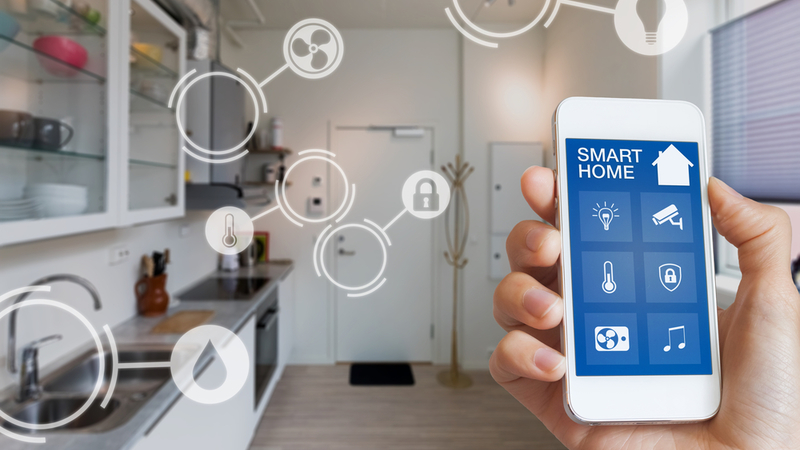We've always said that you should be wary of smart home devices, particularly whilst the tech is still in its infancy. New technology always suffers teething troubles, and there are typically unknown security issues just waiting to surface. Well, a new threat to your IoT (Internet of Things) devices has been discovered; we'll look at it in more depth in this article.
The 'most sophisticated botnet ever seen'
You'd be best placed to keep a close eye on your smart home devices. Security researchers have uncovered a new threat to your connected home devices that they've referred to as the 'most sophisticated botnet they've ever seen'. Researchers believe that the threat has smart home devices in its sights.
In a report published by Avast, a popular antivirus software company, they said that they had been monitoring a new type of malware that has been called "Torii". According to Avast, the software uses 'advanced techniques' to infiltrate devices. Their blog states how the software 'tries to be more stealthy and persistent once the device is compromised', targeting devices that have relatively weak encryption protocols.
"Even though our investigation is continuing, it is clear that Torii is an example of the evolution of IoT malware, and that its sophistication is a level above anything we have seen before."
When Torii has succeeded in penetrating a device, it floods that device with information, communicating with its main service. This permits the hacker in control of the malware to launch any scripts or other malicious software packages that they desire.
What is a botnet?
The term 'botnet' combines the words 'robot' and 'network', which is essentially what they are; a network of robots, or devices, that are used to commit criminal acts online. Hackers need a large number of 'bots' under their command to have the greatest impact, which is why they use malicious software to take control of personal devices. With their army of bots, a complete 'botnet', cyber-criminals can inflict damage on businesses and other companies by overloading services with their army of bots. Such attacks are known as DDoS, or Distributed Denial of Service attacks.

Why you should worry about smart home security
Nobody wants their devices to be compromised by a hacker. If somebody manages to break into your home computer or smartphone remotely, or simply skim data from the device, then that's reason enough to worry. They could access a whole host of personal information about you, including your name, address, payment information and more. That's enough to clone your identity or potentially empty your accounts if you aren't careful.
Now imagine the new possibilities that breaches in smart home security could hand to cyber-criminals. Devices such as Google Home and Amazon Echo, if hacked, could theoretically allow a third-party to listen to your private conversations. Smart home cameras could hand hackers a window into your home.
As the expanding network of IoT devices grows ever-bigger, bring more and more devices online, cyber-criminals have a large poole of connected devices to utilise in their criminal activity. Even basic devices such as internet-enabled fridges and coffee makers can fall victim, and these are often the easiest to compromise due to poor security.
What can you do?
Unfortunately, there isn't a great deal that you can do proactively. However, most devices become infected as a result of user interactions, for example opening or downloading an infected file, so normal common sense and caution applies when using any of your devices. According to Avast, it's still unknown as to whether Torii can spread from one device to another, so you should avoid introducing malware into any device connected to your home network.
If you need any advice on avoiding malware, or just want to know more about the best antivirus programs currently available, then get in touch with WiseGuys for a free and impartial chat. You can reach us on 0808 123 2820.



Recent Comments